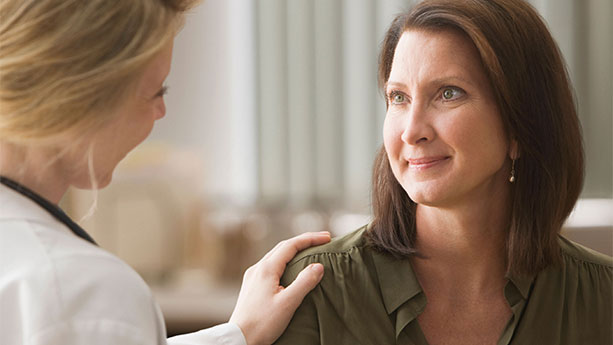As a woman, your health needs change throughout your life in important ways. The gynecologists, urogynecologists and breast health experts across the Sutter Health network understand these changing needs and partner with you to keep you as healthy as possible.
We put an emphasis on preventive care to ensure you catch any problems early. If you need treatment, we work with you to determine the most effective course of action, preferring non-invasive or minimally invasive procedures whenever possible.
With this philosophy in mind, services in the Sutter Health network include everything from wellness exams to family planning to treatment for a wide range of gynecologic conditions. We also encourage a holistic and integrative approach to health with the support of Sutter's Institute for Health and Healing.
Our facilities have earned numerous awards for quality and compassionate care in gynecology and women’s health, including:
- Sutter Solano Medical Center has earned two partnership awards from the Over-Flowing Cup Breast Health and Women’s Empowerment Program.
- California Pacific Medical Center was recognized as one of the nation’s top 50 hospitals for gynecology by U.S. News & World Report.
- Sutter Medical Center, Sacramento was named among “100 hospitals with great women’s health programs” by Becker’s Hospital Review.

















